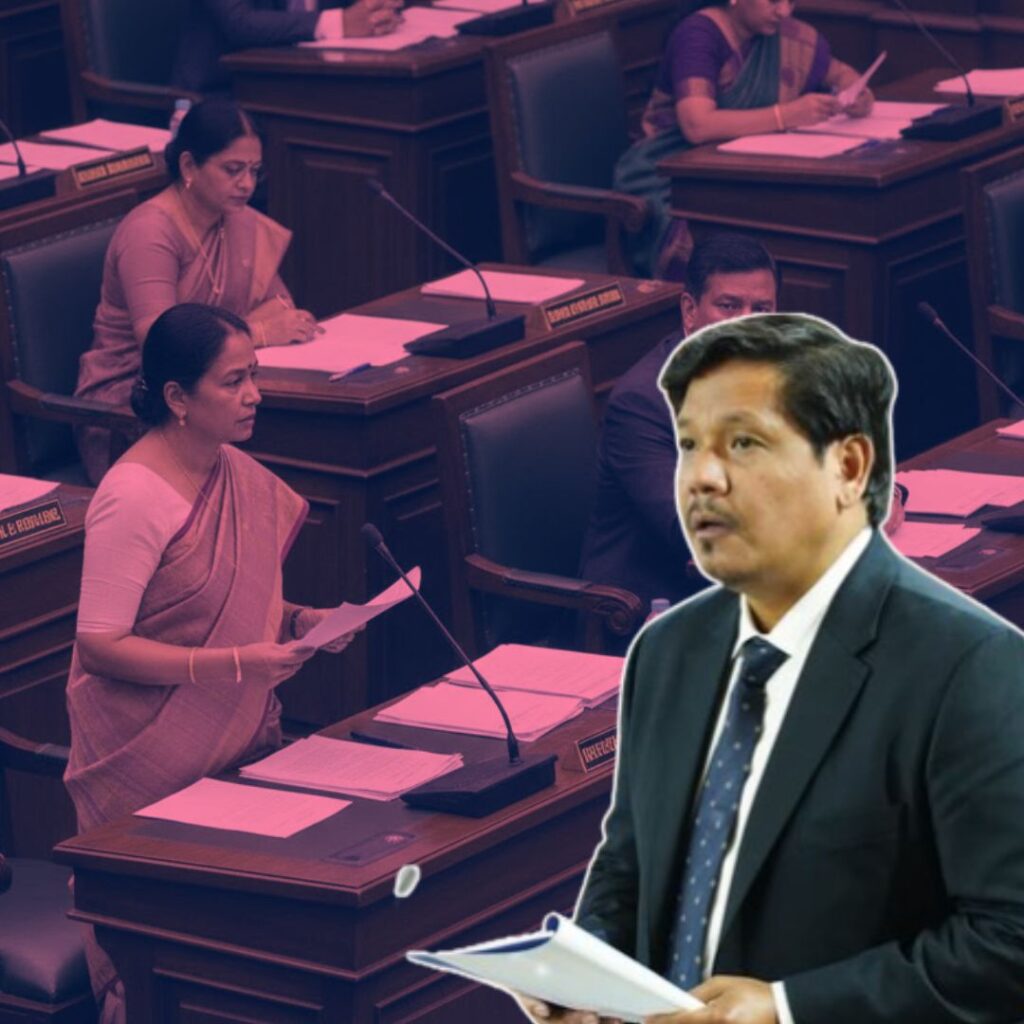The Airports Authority of India (AAI), in coordination with aviation regulators, is set to reopen 32 airports across northern and western India that were closed for civil flight operations amid a recent surge in military tensions between India and Pakistan.
This development comes after both nations agreed to a ceasefire and Pakistan reopened its airspace to all flights. While a new Notice to Airmen (NOTAM) is expected imminently, airlines are preparing to gradually resume normal schedules. Authorities are urging travellers to remain vigilant and check for updates as operations return to normal.
Relief for Passengers as Air Connectivity Restored
The reopening of these airports brings much-needed relief to thousands of passengers, airline staff, and businesses affected by the shutdown. The closure, which began on May 8, led to the cancellation of over 370 flights in a single day and caused widespread disruption at key airports such as Srinagar, Amritsar, Leh, and Chandigarh.
Major carriers, including Air India and IndiGo, had to suspend services, reroute flights, and offer rebooking or refunds to affected customers. Airport terminals witnessed long queues and confusion, with the Bureau of Civil Aviation Security (BCAS) enforcing strict checks and advising passengers to arrive well in advance.
“Safety of passengers and operational staff remains our top priority,” an AAI spokesperson said, adding that all necessary protocols would be followed to ensure a smooth transition back to regular operations.
The 32 Airports Set to Reopen Amid Restored Air Connectivity
Following the recent de-escalation, the Airports Authority of India is preparing to reopen 32 airports across northern and western India for civil flight operations. These airports, which had been closed during the period of heightened tensions, served both domestic and international routes and are now being readied to resume normal services:
- Adhampur
- Ambala
- Amritsar
- Awantipur
- Bathinda
- Bhuj
- Bikaner
- Chandigarh
- Halwara
- Hindon
- Jaisalmer
- Jammu
- Jamnagar
- Jodhpur
- Kandla
- Kangra (Gaggal)
- Keshod
- Kishangarh
- Kullu Manali (Bhuntar)
- Leh
- Ludhiana
- Mundra
- Naliya
- Pathankot
- Patiala
- Porbandar
- Rajkot (Hirasar)
- Sarsawa
- Shimla
- Srinagar
- Thoise
- Uttarlai
These airports, many of which serve as vital gateways to remote regions and border areas, are now being readied for the resumption of full-scale operations. Airlines and airport authorities are working around the clock to restore connectivity, with special attention to safety, security, and passenger convenience.
Context: From Escalation to Ceasefire
The temporary closure of these airports was a direct response to heightened military activity following India’s ‘Operation Sindoor’, which targeted alleged terror camps in Pakistan and Pakistan-occupied Kashmir. This was followed by retaliatory drone and missile strikes from both sides, prompting authorities to impose airspace restrictions as a precautionary measure.
The closure not only disrupted passenger travel but also forced international airlines to reroute flights, leading to increased travel times and operational costs. The situation also had a ripple effect on public life, with major events postponed and economic activity hampered in affected regions. The subsequent ceasefire, facilitated by diplomatic efforts, led to Pakistan reopening its airspace on May 10, paving the way for India to follow suit and restore normalcy.
The Logical Indian’s Perspective
The reopening of these 32 airports is a welcome step towards restoring normalcy, mobility, and economic stability for millions of Indians. However, this episode serves as a stark reminder of how quickly conflict can upend daily life and disrupt the bonds that connect people and communities.
The Logical Indian believes that true security and prosperity can only be achieved through sustained dialogue, empathy, and a commitment to peaceful coexistence. As the skies reopen, we urge leaders and citizens alike to prioritise understanding and cooperation over confrontation. How do you think India and Pakistan can build on this ceasefire to create a future where such disruptions are a thing of the past?











